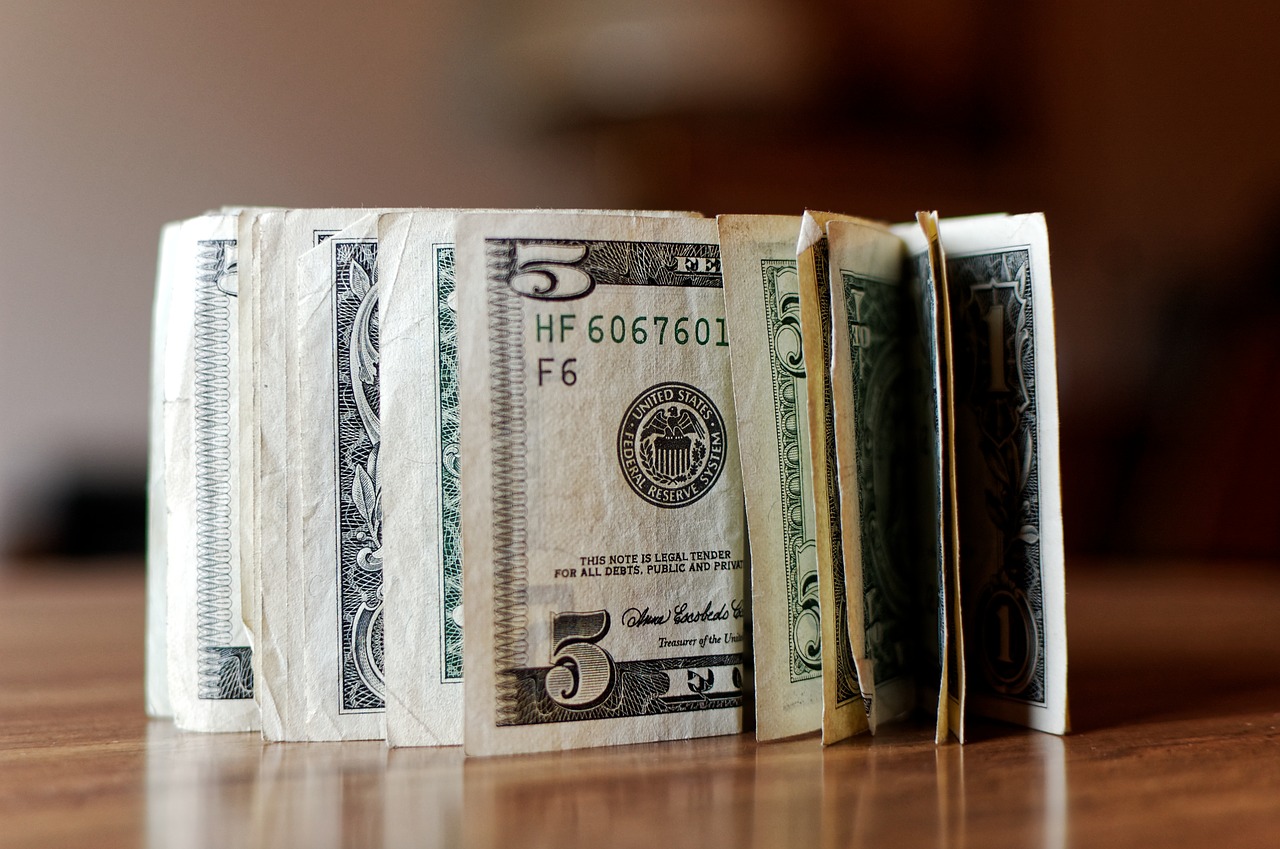Neighboring rights and royalties are one of the least understood aspects of the music business in the US, and unfortunately, the reason for that is mostly out of artists’ control.
In today’s music business, knowledge is power. Understanding the various ways people or companies may use your music and how you can earn from their use matters more than ever. Neighboring Rights is a term that relates to the royalties earned from the public performance of a sound recording. The performing artists on the recording and the copyright holder of the master recording are entitled to receive royalties every time it is broadcast on TV, radio, or any other live performance.
In short, neighboring royalties for performing artists and master owners are the same as the performance royalties are for songwriters and publishers.
All that will make sense to some of you, but others probably need a little more insight. We certainly did. Thankfully, our friends at The Modern Musician have a new video that further explores neighboring rights, and the royalties artists can earn through them. Check it out:
Perhaps the most interesting piece of information from the video above is that the US does not recognize neighboring rights. Broadcasters in the United States are exempt from paying license fees to performers and labels when a sound recording plays on terrestrial TV. As a consequence, the US does not have a traditional organization for the collection and distribution of neighboring rights royalties.
But why? Why doesn’t the US have a group responsible for this?
The answer goes back to 1961 and the Rome Convention for the protection of Performers, Producers of Phonograms, and Broadcasting Organizations. Only countries that are signatories to this convention recognize and pay neighboring rights and only performers who are permanent residents of these countries — or if the musical recording was made in one of the countries that signed — are eligible for these royalties. The United States is not a participant.
One consequence of the US decision to not recognize or pay neighboring royalties is that it hurts an artist’s ability to profit. In an era where physical media is declining, and competition for ticket sales is fiercer than ever, artists need as many revenue streams as they can find. Neighboring royalties would not change every performer’s life in a significant way, but it would put more money in their pockets.

